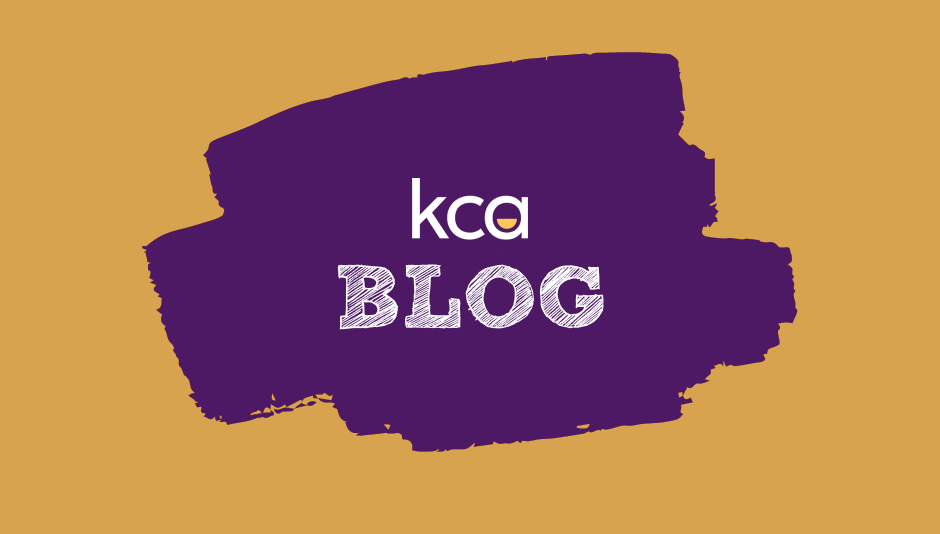Reclaiming Human Connection
26 June 2025
Earlier this month, I attended the Towards Relational Public Services conference in Manchester, where researchers and practitioners from around the world shared learning on how public services can respond to increasing complexity; from the long shadow of Covid to the ongoing impact of global and national crises.
A powerful theme emerged: relational practice isn’t a soft skill or an add-on; it’s essential infrastructure.
Academics advocate for connection, trust, and emotional safety to sit at the heart of how we commission, design, and deliver services. It shifts the question from “What’s the solution?” to “Who do we need to connect with to learn about what matters?”
Research shared at the event made it clear: outcomes aren’t achieved through compliance or intervention alone. They’re shaped by the quality of the relationships between practitioners and the people they support, within teams, and across services.
One speaker referenced the idea of a polycrisis: overlapping shocks and disconnected events that stretch systems and resources. In this context, linear, transactional responses to problems don’t work. Relationships are the connective tissue that help systems adapt and people recover.
I was reminded of a story that a practitioner once told me:
Her organisation had asked the people accessing their services what they found most helpful about the support they received. They expected responses about policies or effective services but instead people talked about the warmth with which they were greeted, being listened to, feeling like they mattered and being treated with dignity. A practitioner remembering the names of someone’s children made all the difference.
If we’re serious about embedding relational practice, then the research was clear that we need to:
- Nurture and reward self-aware and reflective leaders.
- Trust teams to self-organise in ‘structure-lite’ conditions. This enables them to respond to individual needs and co-create solutions by learning what matters to the people they support.
- Encourage the development of learning organisations where data is collected not to control, but to provide evidence for learning.
- Train practitioners in trauma informed practice and the importance of concepts such as attachment and co-regulation.
- Give practitioners permission to slow down and connect.
- Commission for learning and relationships, not just outcomes.
- Rethink how we work with theories of change so that we benefit from recording what happens in real time or shortly after, and then reflecting on this to leverage learning.
- Measure what matters: trust, safety, connection.
This isn’t a quick fix. Relational practice challenges dominant models of risk, control, and performance. But it opens a more human, sustainable way forward.
As Hilary Cottam puts it, “People are not problems to be solved. People are beings to be supported.”
